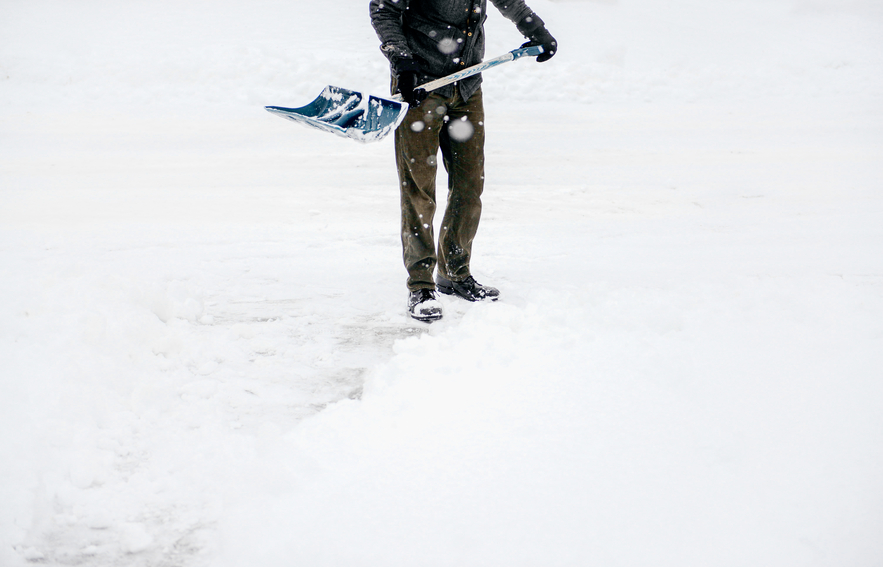As the East Coast is digging out from the Epic Snowstorm of 2015, we in Ontario and the Midwest are getting a few inches of the white stuff for good measure.
While snow and ice may mean a day off from school or working from home for many of us, it can mean isolation for many seniors. The temptation to venture out in slippery or otherwise hazardous weather can spell trouble for our older population.
Shoveling snow itself can prove hazardous.
- Have a family member do the heavy lifting or hire someone to do the work.
- Use a rubber-tipped cane for stability in icy weather and always use salt/sand to make icy pathways safe.
- Cat litter makes for good traction in icy weather.
According to a study conducted at Kingston General Hospital, of the 500 patients who went to hospital with heart problems over two winter seasons, 35 (7 per cent) started experiencing heart symptoms while shoveling snow.
Cold temperatures can also decrease blood pressure and increase the incidence of blood clots, leading to more heart attacks during adverse winter weather.
It may also be time to lay down your shovel it you have a history of back or neck issues.
Tips for saver shoveling:
Use a small shovel – a shovel full of snow can weigh up to 15 lbs.
Stay hydrated
Limit shoveling duration to 20 minutes
Shovel often – after two inches
Lift with legs, not the back or push snow
Dress in layers – take a break before becoming overheated
Avoid caffeine and nicotine before clearing snow. These can increase heart rate, constrict blood vessels and strain the heart
Always let someone know you are going to shovel

